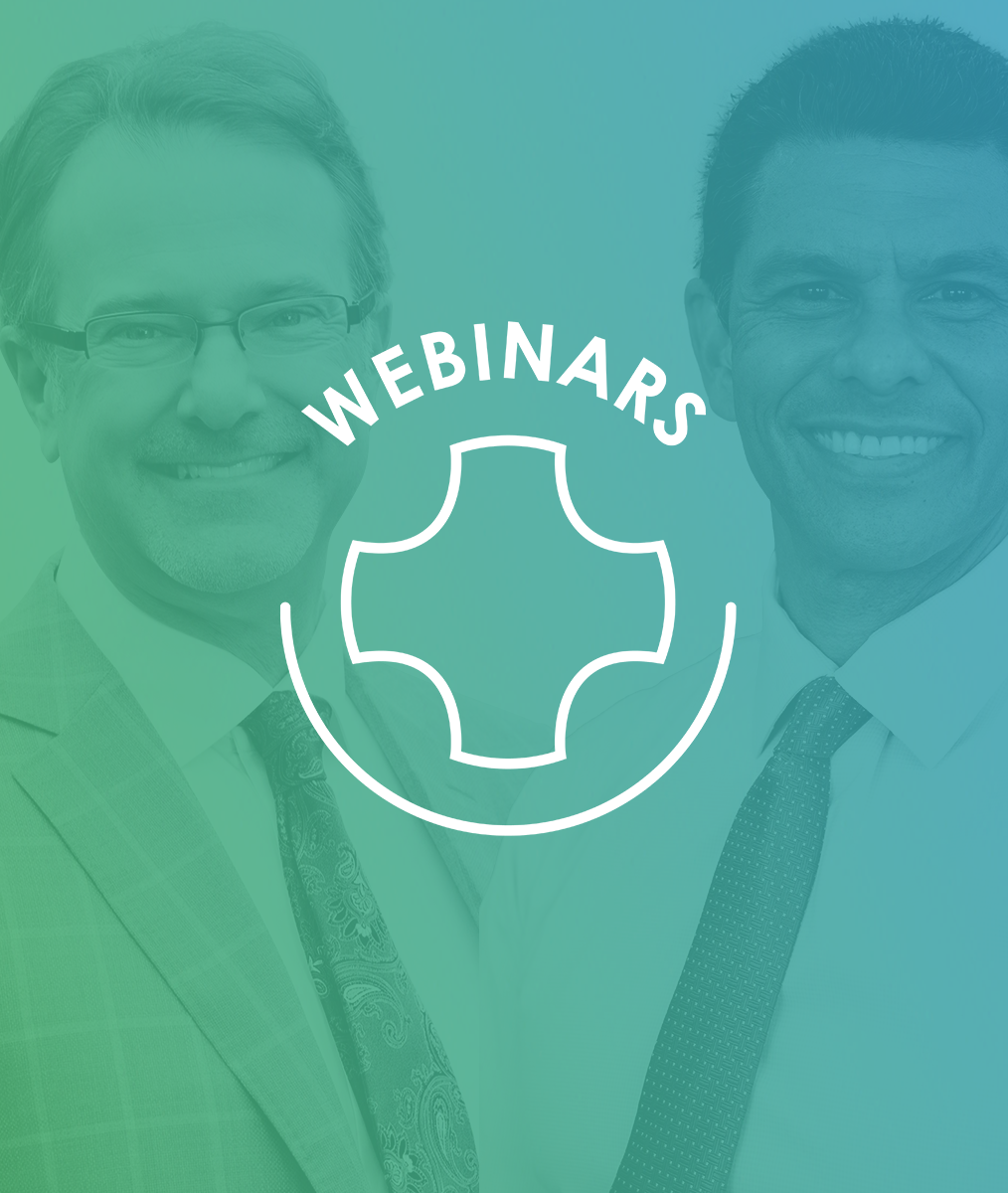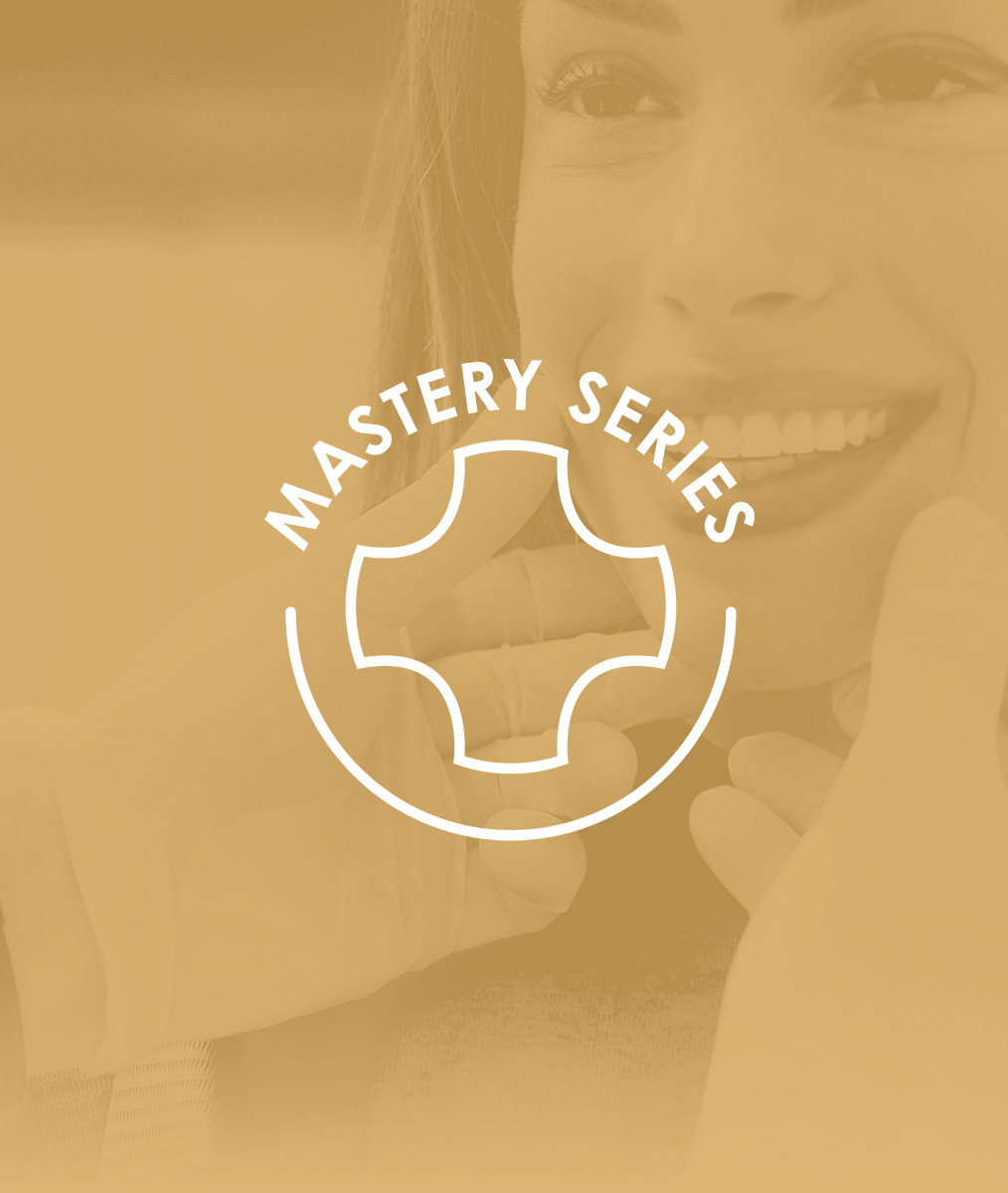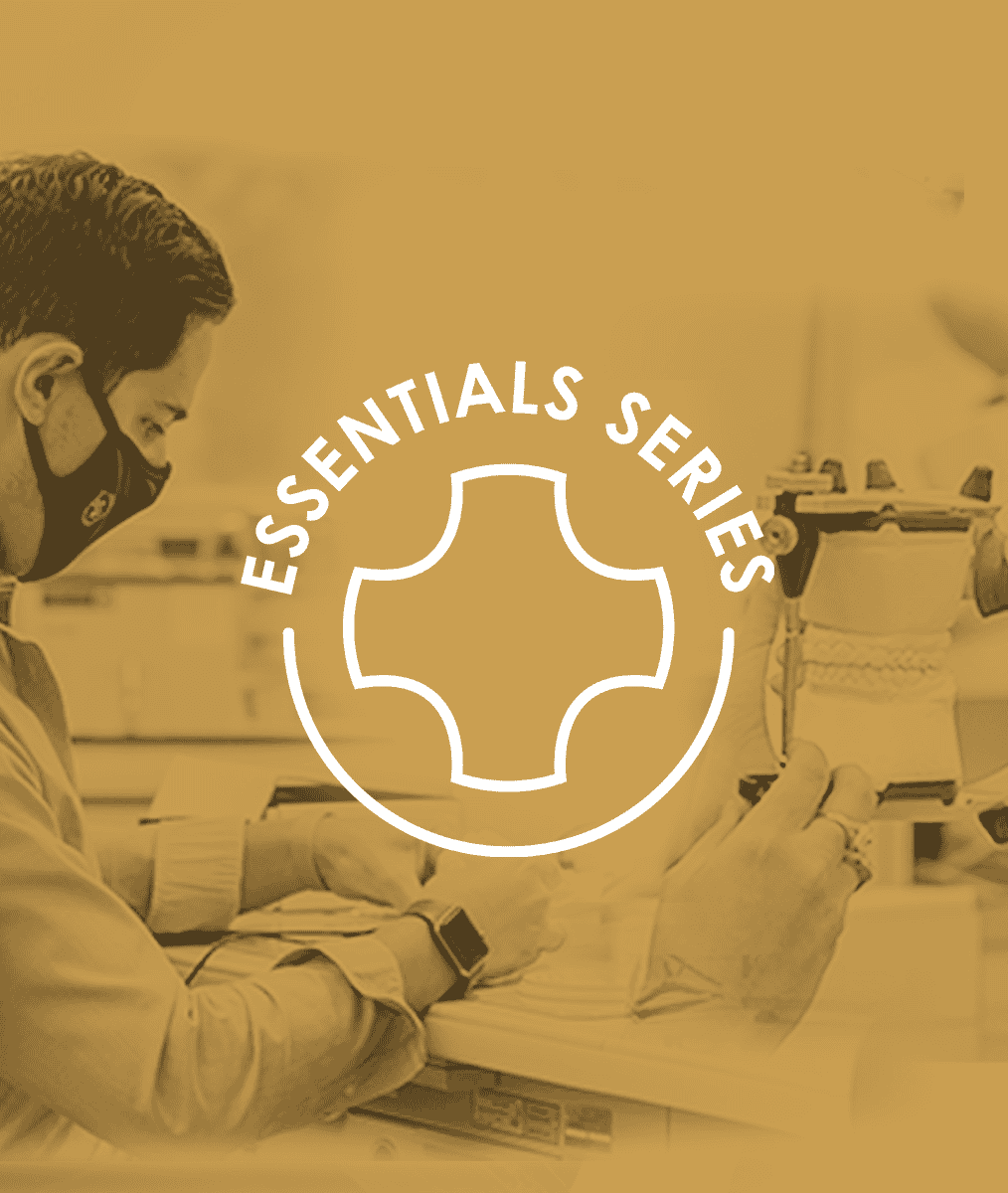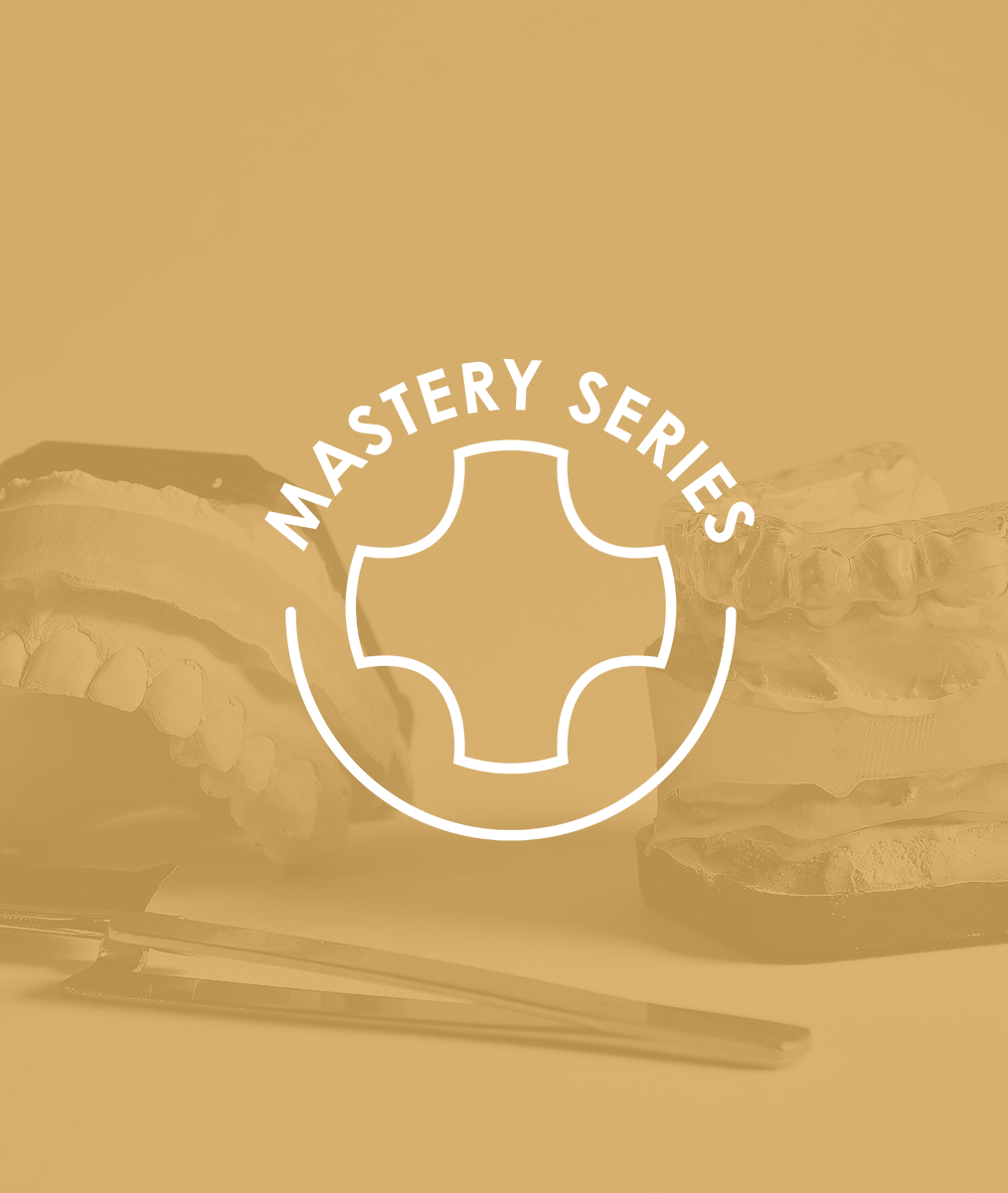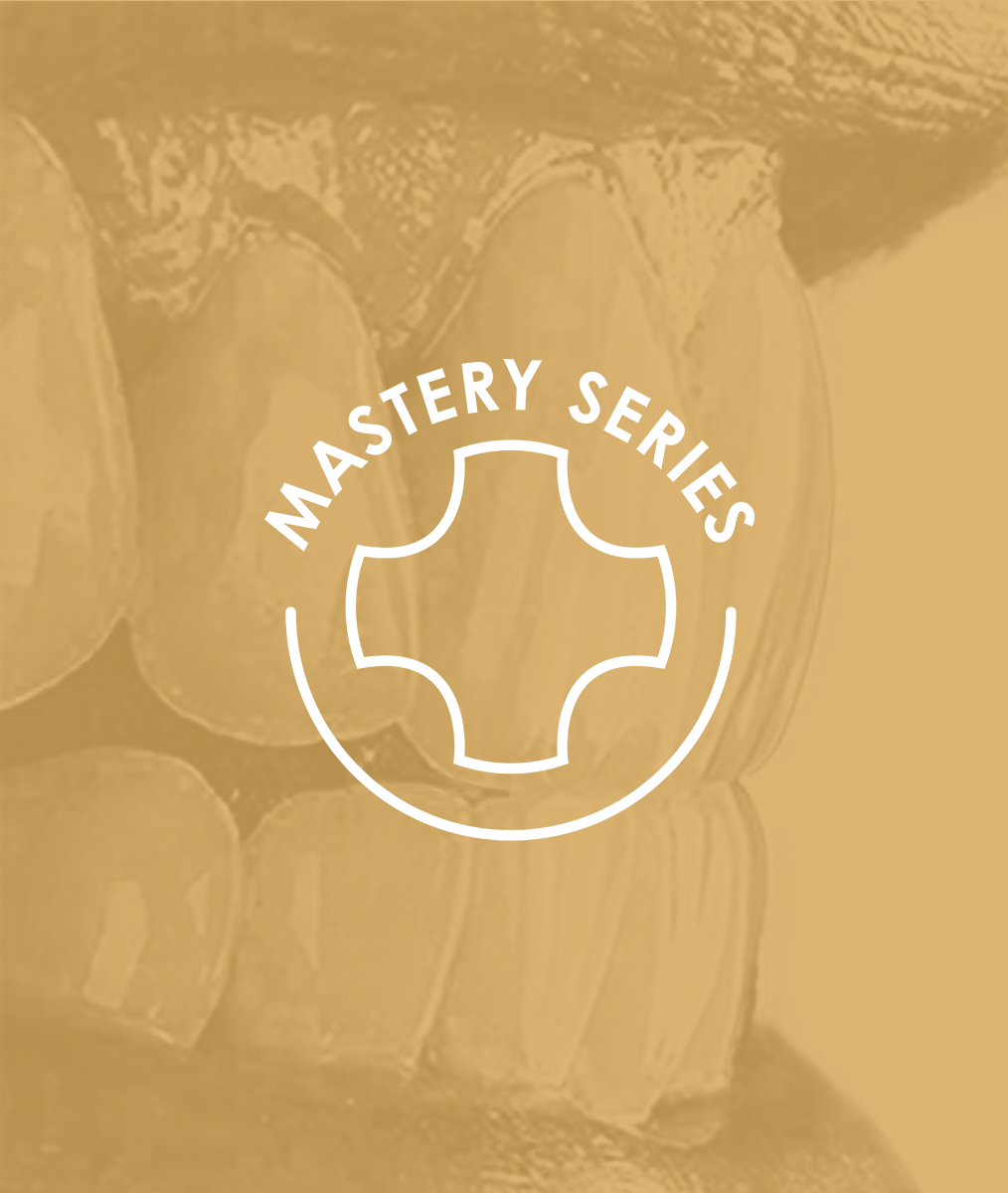There Are Multiple Paths to Happiness
Seventeen is young to decide what you want to do with the rest of your life. Deciding you want to become a dentist means that you are making a huge decision before you are aware of all the knowledge you will have to attain and the multiple skills and micro-skills in which you will need to become proficient.
It was a long time ago when I made that decision. I can’t even remember how I made it. I remember I was under pressure to decide from my parents and their friends. I remember telling others I thought dentistry was a good career because I had spent so much time in dental offices growing up.
That’s because I had malformed supernumeraries blocking the eruption of my centrals when I was seven years old. The dentist who suggested the supernumeraries should be removed, proceeded to remove the two good centrals by accident. This was followed by surgery to remove the supernumeraries and alas no centrals. This was traumatic to me at the time, but early in life, I learned to adapt to a dental prosthesis, having that replaced as I grew, and so on.
I wish now someone had set me down when I was in high school and given me real-world career advice like I did for my kids as they were growing up. Hoping they could avoid some of the mistakes I made, I would begin those conversations with Stephen Covey’s habit #2: Begin with the end in mind. And I would disqualify money as an end. Because money only buys people what they really want. I’d get my kids to think about what they really wanted to spend their lives doing.
Warren Buffet says he wanted to make money so he could be independent. In his biography, The Snowball, Buffet wrote, “It could make me independent. Then, I could do what I want to do with my life. And the biggest thing I wanted to do was work for myself. I didn’t want other people directing me. The idea of doing what I wanted to do every day was important to me.”
There’s truth in that for me. Independence is a universal thought that drives many of us, yet we are unique in our own lives…in how we ultimately determine and design our game plan to live independently.
If we had understood what we wanted to do for the rest of our lives when we were seventeen, then we could have better designed our careers to meet our adult desires. But that isn’t realistic, is it? It sometimes takes decades to a lifetime to understand ourselves.
Adam Grant in his book Think Again questions the unreasonable question kids are asked, “What do you want to be when you grow up?” In his book, he uses his cousin Ryan as an example of someone who chose to go into medicine because that’s a profession parents applaud. Once Ryan made his decision, he spent years staying on track.
Once you start, there is no turning back…financial debt…sunk costs…physical, mental, and emotional. We hit a certain milestone like owning our own dental practice and we tell ourselves we will be happy… that we will have all the things we want. But positive psychologists confirm that this is a poor prescription for happiness.
Positive psychologists say the road to happiness includes mastery, autonomy, positive relations, engaging work, and accomplishments. It’s a never-ending road. But each person takes their own road. There are many roads of mastery, freedom, positive relations, engaging work, and accomplishments.
Don’t get me wrong. I am not saying dentistry was a bad career choice for me. It is a great profession. The message of this blog is twofold. One, at the start of my predoctoral and doctoral education, at the start of my career in dental practice, and even midway through that career, I didn’t understand the complexity of what was before me–including getting to know myself well. And two, everyone needs to find their own happiness.
If you are reading this, you likely chose a career in dentistry. On your road of your own design, I believe you will find happiness in the continual act of mastering more, working with autonomy, fostering positive relations, and setting out to achieve new accomplishments. Money will be just a way to fund the things that really matter to you, and for many of you that will be making a profound difference in the health and lives of your patients. And when you segue, as I did, away from hands-on dentistry after practicing for four decades, you will find that new ways to use your people skills keep emerging. Your road to happiness continues.
Related Course
The Intentional Hygiene Exam
DATE: September 5 2024 @ 8:00 pm - September 5 2024 @ 9:00 pmLocation: Online
CE HOURS: 1
Date: September 5, 2024 Time: 8 – 9 pm ET Speakers: Michael Rogers DDS & David Gordon DDS Description: Is your hygiene program an interruption to your day? Or is…
Learn More>






